Replacing insulation is an important investment for any homeowner. Not only does it improve your home's energy efficiency, but it also enhances your comfort and reduces your utility bills. However, before you embark on this project, there are several factors to consider to ensure that you get the best value for your money. Here are the top three things that homeowners should keep in mind when replacing insulation.
Type of Insulation
The type of insulation you choose for your home depends on several factors such as your budget, location, and preferences. The most common types of insulation include fiberglass, cellulose, and spray foam. Fiberglass insulation is the most affordable and widely used, and it comes in batts or rolls that are easy to install. Cellulose insulation is made of recycled materials such as newspapers and is ideal for attics and walls. It is more expensive than fiberglass but offers better soundproofing and insulation. Spray foam insulation is the most expensive but also the most efficient. It expands to fill gaps and cracks, creating an airtight seal that prevents heat loss and air infiltration. It is ideal for roofs, walls, and basements.
When choosing insulation, consider the R-value, which is a measure of its thermal resistance. The higher the R-value, the better the insulation's ability to resist heat flow. Your insulation contractor can help you choose the most suitable type of insulation for your home based on your needs, budget, and location.
Cost of Insulation Replacement
The cost of insulation replacement depends on several factors such as the type of insulation, the size of your home, and the installation method. On average, homeowners can expect to pay between $1,500 and $3,000 to replace insulation in an average-sized home. The cost can be higher if you choose a more expensive type of insulation or if your home has complex features such as a vaulted ceiling or a crawl space. However, the cost of insulation replacement is an investment that pays off in the long run. With improved energy efficiency, you can save up to 30% on your utility bills, recouping your investment in a few years.
Insulation Contractor
Choosing the right insulation contractor is crucial to the success of your insulation replacement project. Look for a contractor who is licensed, insured, and experienced in insulation installation. Check their online reviews and references to ensure that they have a track record of quality workmanship and customer satisfaction.
A reputable insulation contractor should also offer a free consultation and estimate, as well as a warranty for their work. They should be able to answer all your questions about insulation, including its benefits, installation process, and maintenance. Don't be afraid to ask for a written contract that outlines the scope of work, materials used, and payment terms.
Replacing insulation is an important investment for any homeowner, and it is essential to consider several factors before embarking on this project. The type of insulation, cost, and insulation contractor are the top three things that homeowners should keep in mind when replacing insulation. By choosing the right insulation and contractor, you can improve your home's energy efficiency, comfort, and value.
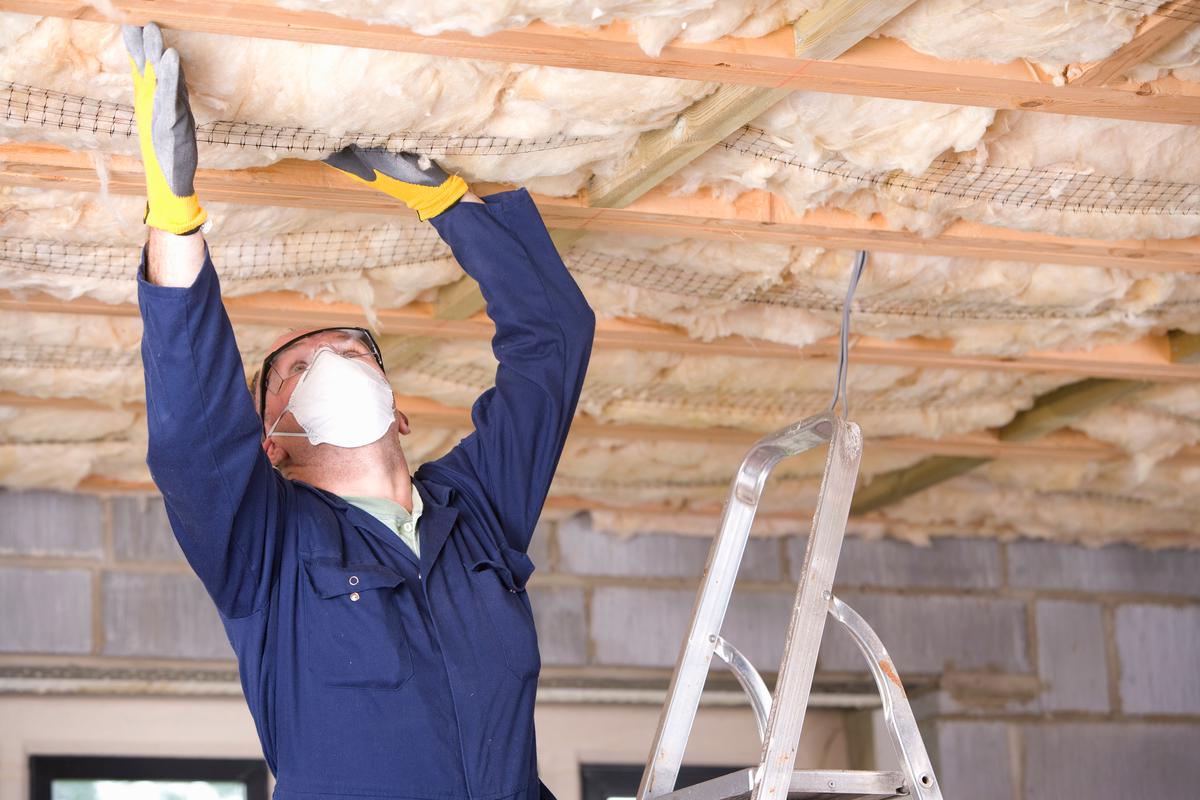

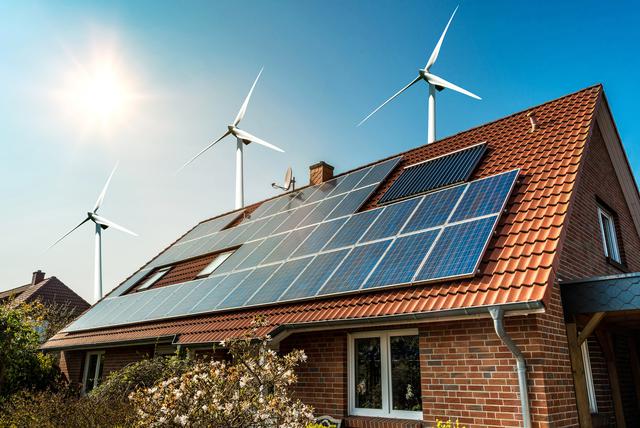
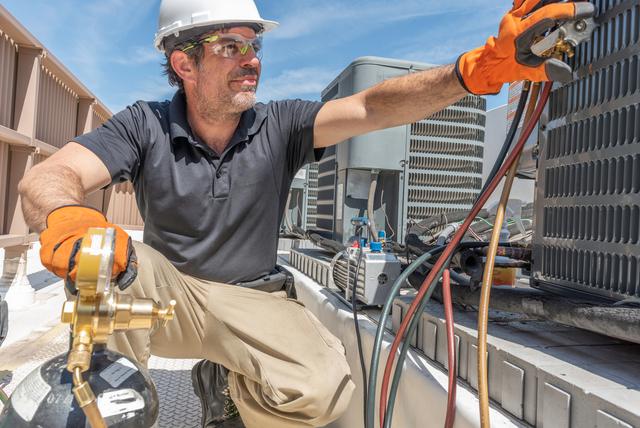
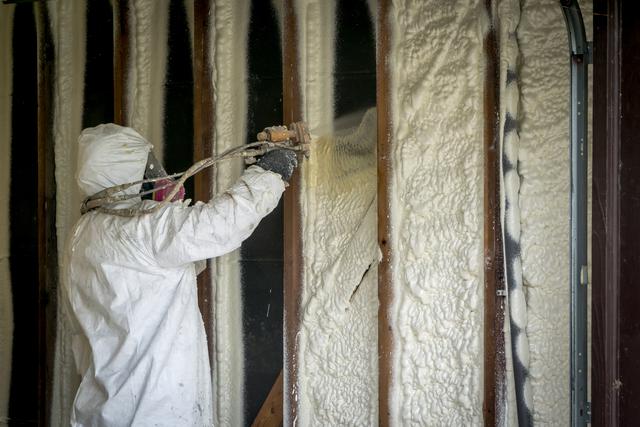
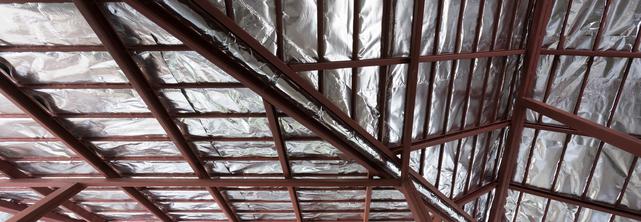
comments